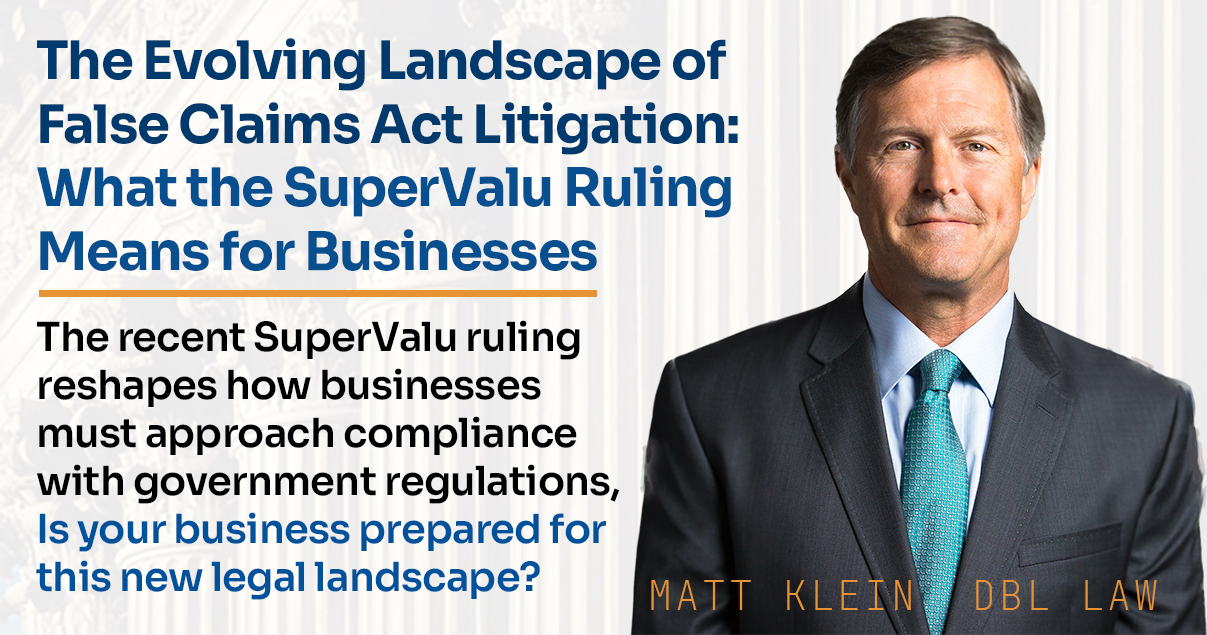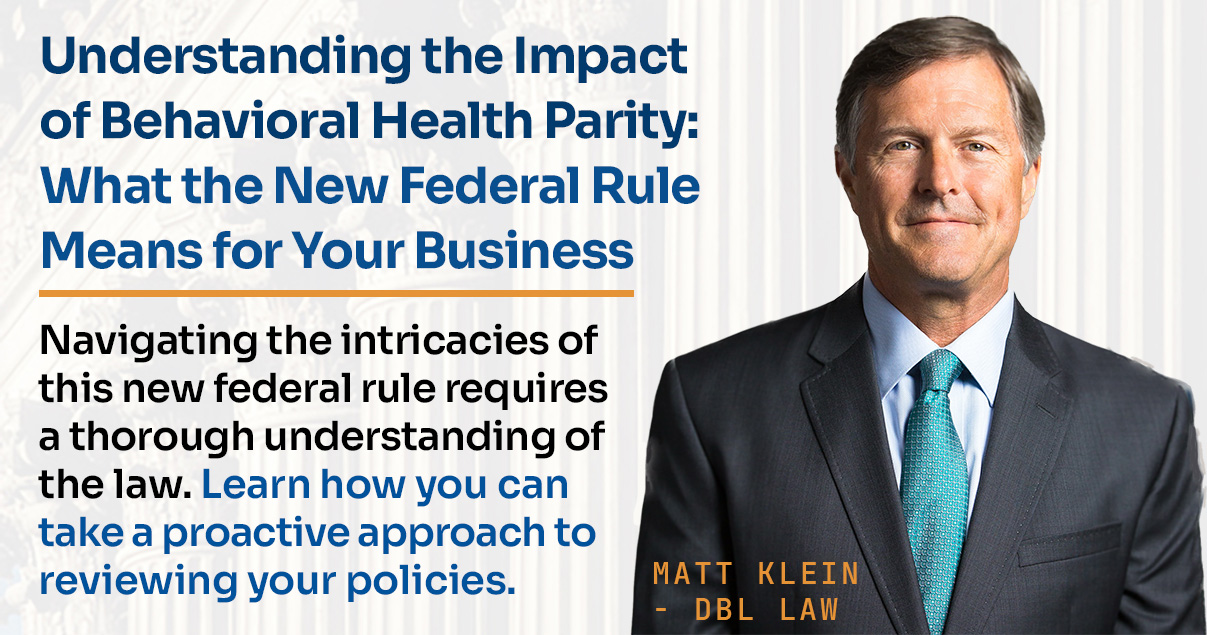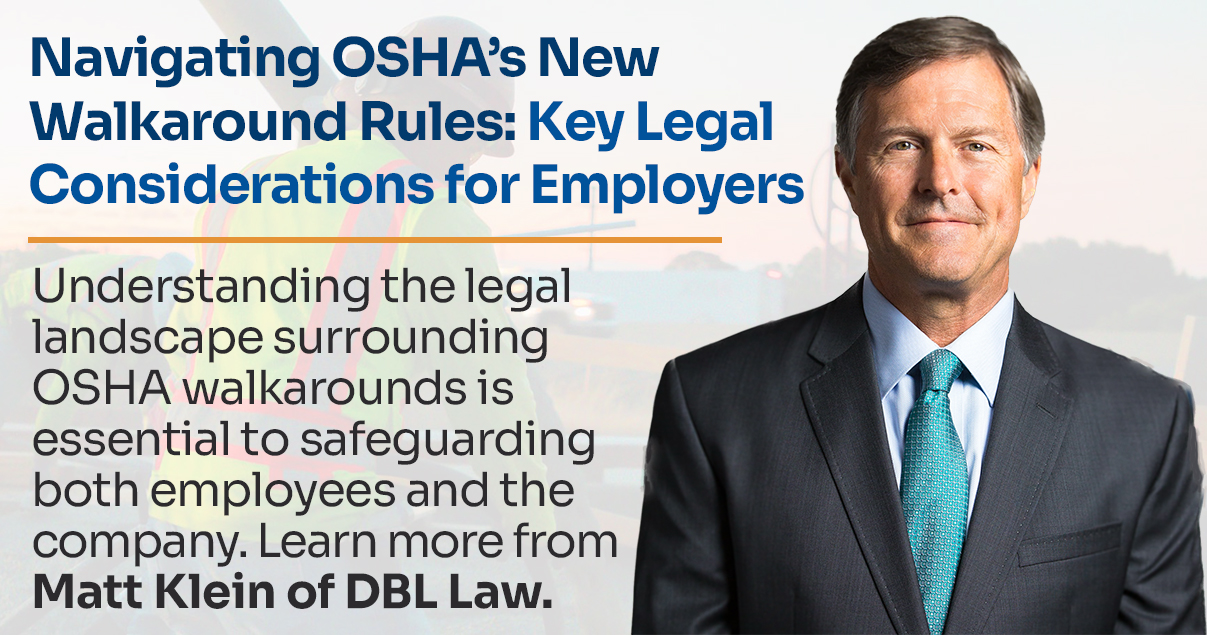The False Claims Act (FCA) has long been a critical tool in addressing fraud against the government, particularly in the healthcare sector. But a recent U.S. Supreme Court decision involving Supervalu is poised to shift how FCA cases are litigated. The case challenges established interpretations of “knowledge” under the Act, potentially raising the stakes for entities accused of fraud. Here’s what the case means for businesses moving forward.
The Supervalu Case at a Glance
At the heart of the Supervalu case is the interpretation of what it means to knowingly submit false claims to the government. Previously, courts have considered whether a defendant’s conduct was objectively reasonable at the time they submitted a claim, even if their subjective understanding was different. However, the Supreme Court’s ruling introduces a more subjective lens, focusing on what the entity believed about the claim’s accuracy when it was submitted.
Supervalu and Safeway, grocery store chains, were accused of falsely reporting their usual and customary drug prices to government healthcare programs. By reporting inflated prices, they allegedly defrauded government programs such as Medicare and Medicaid, charging higher rates than what customers paid.
The Shift in FCA Standards
Before this decision, defendants could argue they acted in an objectively reasonable manner, even if they subjectively knew they were submitting false information. The Court’s decision changes that by emphasizing the defendant’s actual knowledge, belief, or intent at the time of submitting the claim.
This distinction creates a higher level of scrutiny for businesses that operate under government contracts, especially in highly regulated industries like healthcare. Now, courts will look more closely at internal communications and subjective beliefs to determine if there was knowledge of false claims.
Implications for Businesses
This ruling makes it clear that businesses must be proactive in ensuring they understand and comply with government regulations. Simply relying on an objectively reasonable interpretation may no longer be enough. Companies must document their decision-making processes and demonstrate a good-faith effort to follow the law. Internal training, communication, and compliance protocols are now more crucial than ever.
Healthcare providers and government contractors, in particular, should be vigilant in maintaining accurate records and assessing potential risks of fraud. The Supervalu case underscores the importance of internal audits and reviews of claims before submission, as any disconnect between actual prices and what’s reported to the government could lead to FCA liability.
Moving Forward: What You Need to Know
This ruling serves as a warning for companies that engage with federal programs. The key takeaway is the importance of subjective knowledge in FCA cases. Businesses should focus on:
- Conducting regular internal audits and compliance reviews to ensure claims are accurate.
- Implementing training programs that emphasize understanding and following FCA requirements.
- Maintaining detailed records of decision-making processes when submitting claims to the government.
For healthcare entities and other businesses that operate in highly regulated spaces, staying ahead of FCA compliance is crucial. The shift in litigation strategies highlighted by Supervalu’s case means potential FCA defendants will need to rethink their defense strategies.
Conclusion
The Supervalu case marks a significant change in how courts will approach FCA litigation. By focusing on the defendant’s subjective knowledge and belief, the Supreme Court has raised the bar for what constitutes a false claim. Businesses must ensure they operate with transparency and good faith, or risk facing severe legal consequences under the FCA.
At DBL Law, we are committed to helping businesses navigate complex litigation and compliance issues. If you have any questions about how this ruling impacts your business, feel free to contact our team for guidance.
DBL Law is here to support businesses and healthcare providers in navigating the complexities of FCA litigation and compliance. Reach out to us to learn more about how we can assist you.





